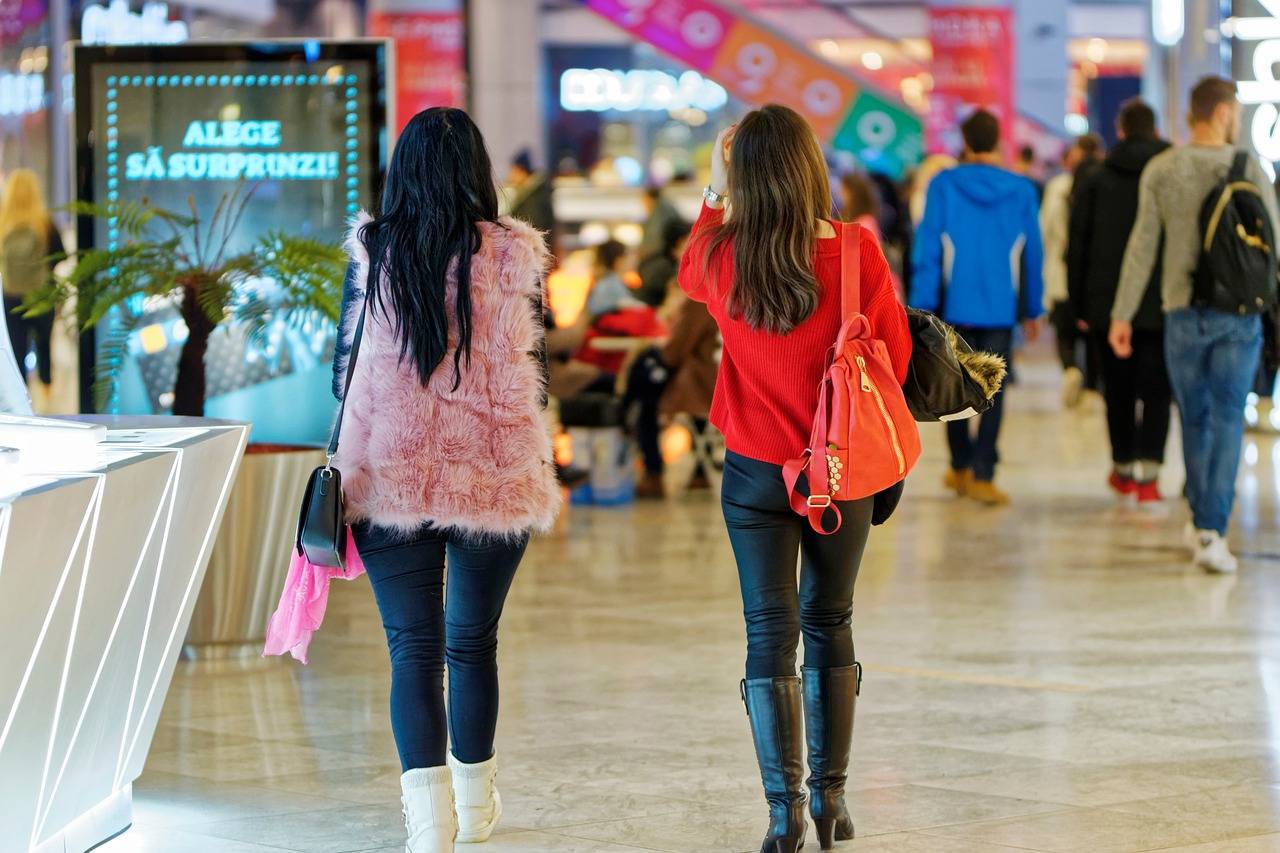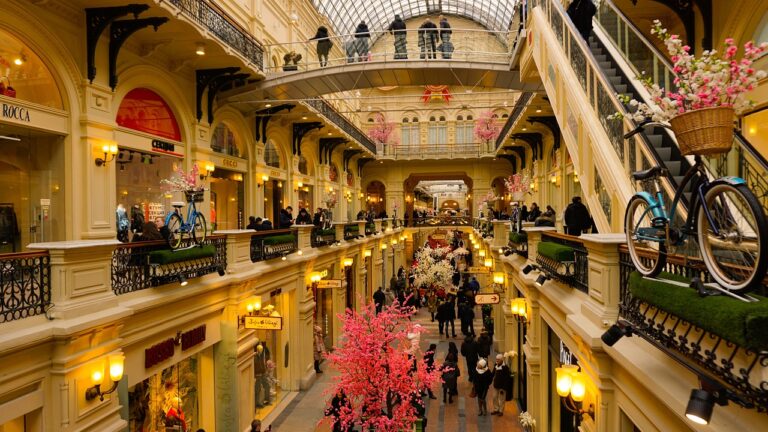Analyzing the Rise of Pop-up Shops in Retail Strategy
Retail strategies have undergone significant transformations over the years in response to changing consumer behaviors and market dynamics. Traditional brick-and-mortar stores have had to adapt to the rise of e-commerce by integrating online platforms into their operations to provide a seamless shopping experience for customers. This shift towards omnichannel retailing has allowed retailers to reach a broader audience and enhance customer engagement through multiple touchpoints.
Moreover, the emphasis on customer experience has become a focal point for retail strategies in recent years. Retailers are investing in creating personalized and immersive shopping experiences to differentiate themselves from competitors and foster brand loyalty among customers. From interactive displays to experiential pop-up stores, retailers are constantly innovating to meet the evolving needs and preferences of consumers in a highly competitive market.
The Concept of Pop-up Shops
Pop-up shops, a trendy concept in the retail industry, are temporary retail spaces that can be set up quickly and dismantled just as swiftly. These short-term stores often appear in high-traffic areas, allowing retailers to capitalize on consumer interests and trends in real-time. Unlike traditional brick-and-mortar shops, pop-up stores are designed to create a sense of urgency and exclusivity, driving consumers to make impulse purchases.
These temporary retail spaces serve as a strategic marketing tool, helping brands generate buzz and increase brand awareness without the long-term commitment of a permanent store location. By creating a unique and immersive shopping experience, pop-up shops can attract new customers, engage with existing ones, and test new markets or products with minimal risk. This agile approach to retail allows brands to stay nimble in a fast-paced market while fostering a sense of excitement and discovery among shoppers.
Benefits of Pop-up Shops for Retailers
Pop-up shops offer retailers a unique opportunity to test new markets and products without the long-term commitment of a traditional brick-and-mortar store. By setting up temporary retail spaces in high-traffic areas or during special events, retailers can quickly gauge customer interest and adapt their strategies accordingly. This flexibility allows them to experiment with different concepts and offerings, gaining valuable insights into consumer preferences and behavior.
Moreover, pop-up shops create a sense of urgency and exclusivity among customers, driving sales and generating buzz around the brand. The limited-time nature of these temporary stores encourages impulse purchases and attracts curious shoppers who may not have discovered the brand otherwise. This heightened level of engagement can lead to increased brand awareness, customer loyalty, and word-of-mouth marketing, ultimately benefiting retailers in both the short and long term.





